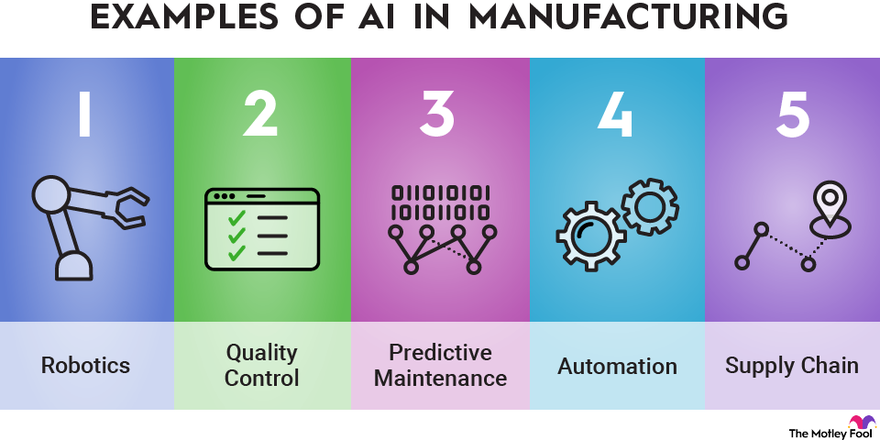10 Powerful Applications of Artificial Intelligence Transforming Industries Today

Artificial intelligence (AI) is revolutionizing various sectors by automating processes, enhancing decision-making, and providing innovative solutions. In this article, we will explore 10 powerful applications of artificial intelligence that are transforming industries today. From healthcare to finance, AI is reshaping how businesses operate and how customers interact with services.

1. Healthcare Diagnostics
AI is playing a crucial role in healthcare by assisting in diagnostics. Machine learning algorithms analyze medical images, helping radiologists identify diseases such as cancer at earlier stages. This application improves patient outcomes and reduces the time required for diagnosis. Additionally, AI can predict patient deterioration by monitoring vital signs and providing alerts, enabling timely intervention.
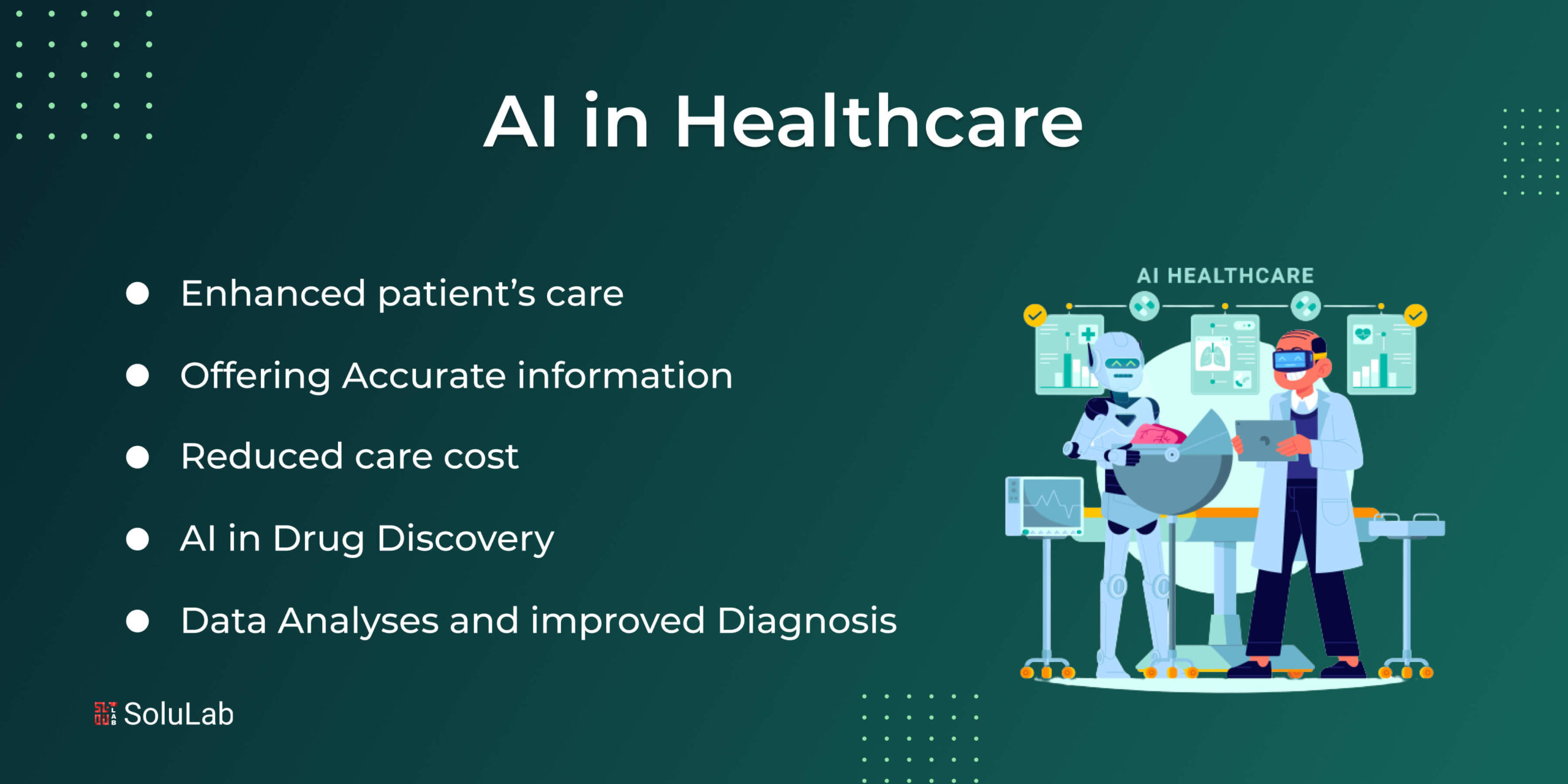
2. Financial Services Automation
In the finance industry, AI applications are streamlining operations. Algorithms process vast amounts of data to detect fraudulent activities, assess credit risk, and optimize trading strategies. These tools enhance security and efficiency, making financial institutions more reliable. Furthermore, AI chatbots can assist customers with account inquiries and transaction issues, reducing the need for human intervention.

3. Personalized Marketing
Artificial intelligence applications are transforming marketing by enabling personalized customer experiences. AI analyzes user behavior and preferences, allowing businesses to tailor content and recommendations. This targeted approach increases engagement and conversion rates, driving sales growth. Brands can create dynamic advertising campaigns that change in real time based on customer interactions, ensuring relevance.

4. Supply Chain Optimization
In logistics, AI optimizes supply chain operations by forecasting demand, managing inventory, and improving delivery routes. Machine learning models analyze historical data to predict trends, ensuring that products are available when and where they are needed. AI can also assist in risk management by identifying potential supply chain disruptions and recommending mitigation strategies.

5. Customer Service Automation
AI-powered chatbots are revolutionizing customer service. These applications can handle inquiries 24/7, providing instant responses and freeing up human agents for more complex issues. Chatbots enhance customer satisfaction and reduce operational costs. Advanced natural language processing allows these bots to understand and respond to nuanced questions, improving user experience.
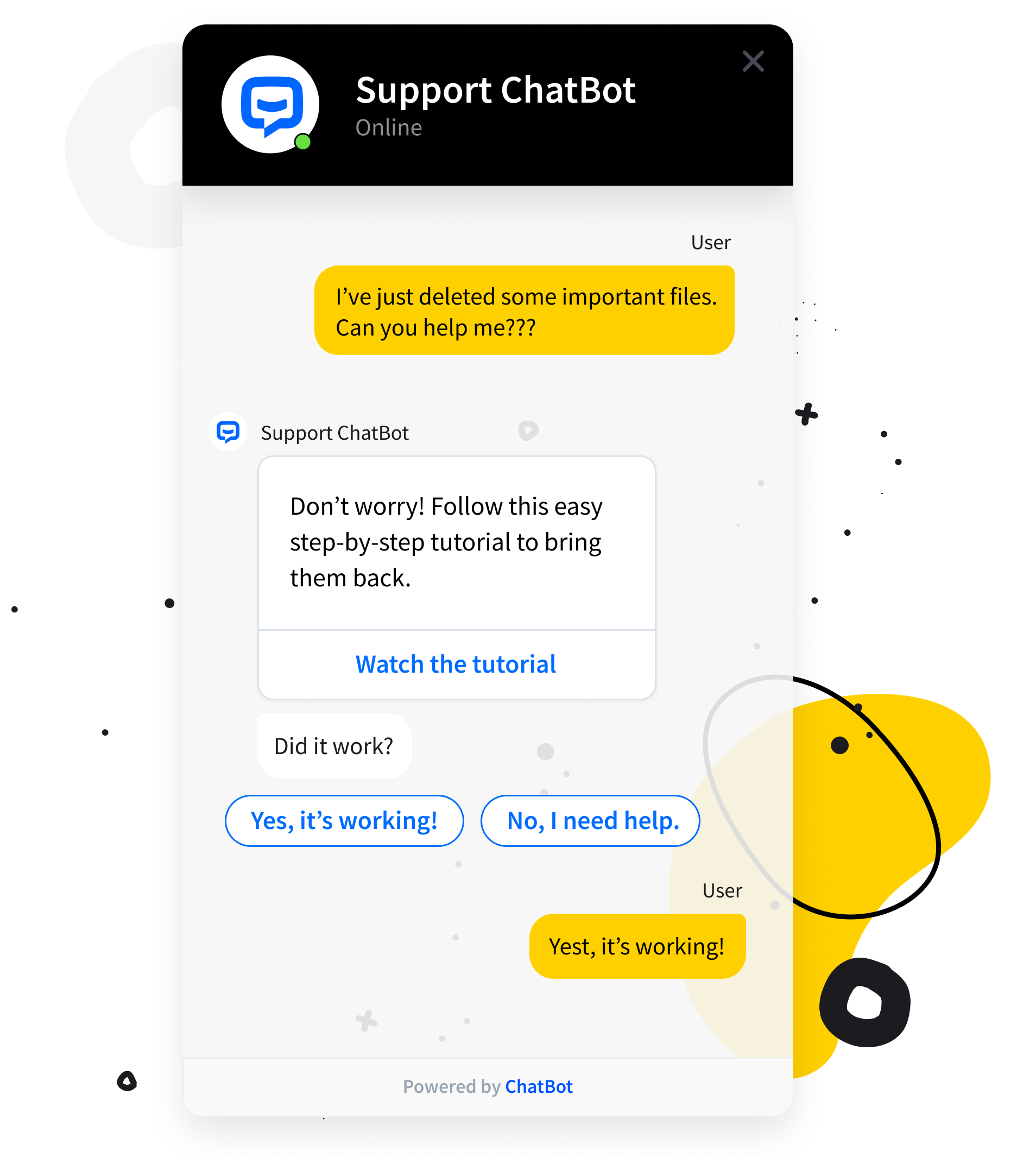
6. Autonomous Vehicles
The automotive industry is experiencing a significant transformation with the advent of autonomous vehicles. AI algorithms process real-time data from sensors and cameras, enabling vehicles to navigate safely and efficiently. This technology promises to reduce accidents and improve traffic flow. As this technology matures, it could lead to reduced insurance costs and increased accessibility for individuals unable to drive.
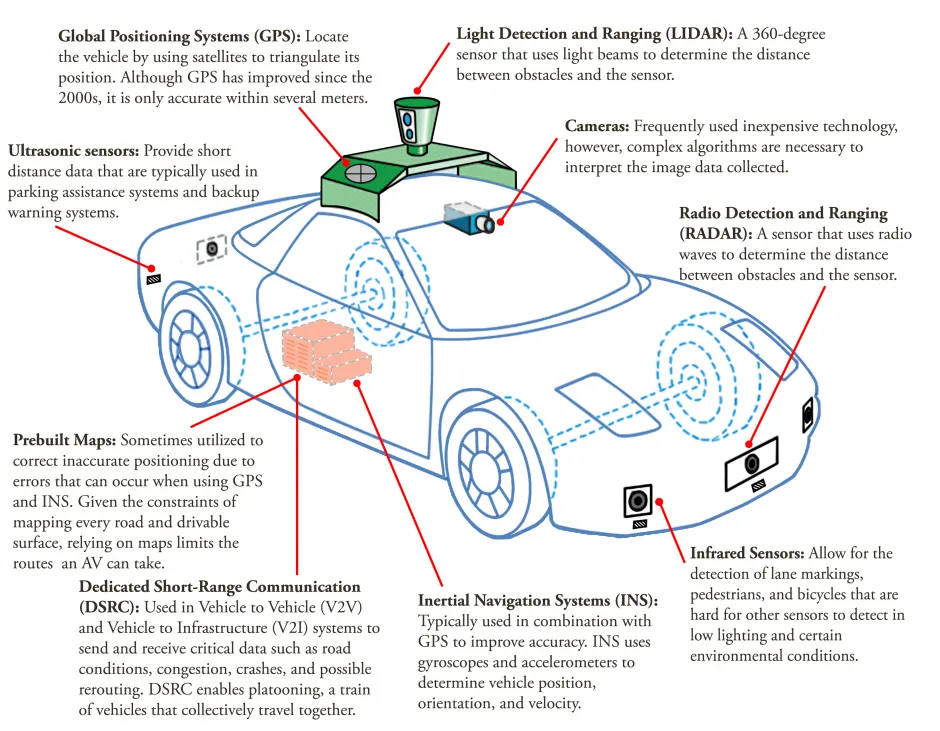
7. Smart Manufacturing
AI applications in manufacturing enhance production efficiency and quality control. Predictive maintenance powered by machine learning helps identify equipment failures before they occur, reducing downtime and costs. Smart factories leverage AI to optimize processes and resource allocation. By implementing AI-driven robotics, manufacturers can achieve higher precision and flexibility in production lines.

8. Energy Management
In the energy sector, AI optimizes resource consumption and improves energy efficiency. Smart grids utilize AI algorithms to analyze consumption patterns, predict energy demand, and integrate renewable energy sources effectively. This application contributes to sustainability goals by optimizing energy distribution and reducing waste. AI can also help consumers manage their energy usage more efficiently through smart home technology.
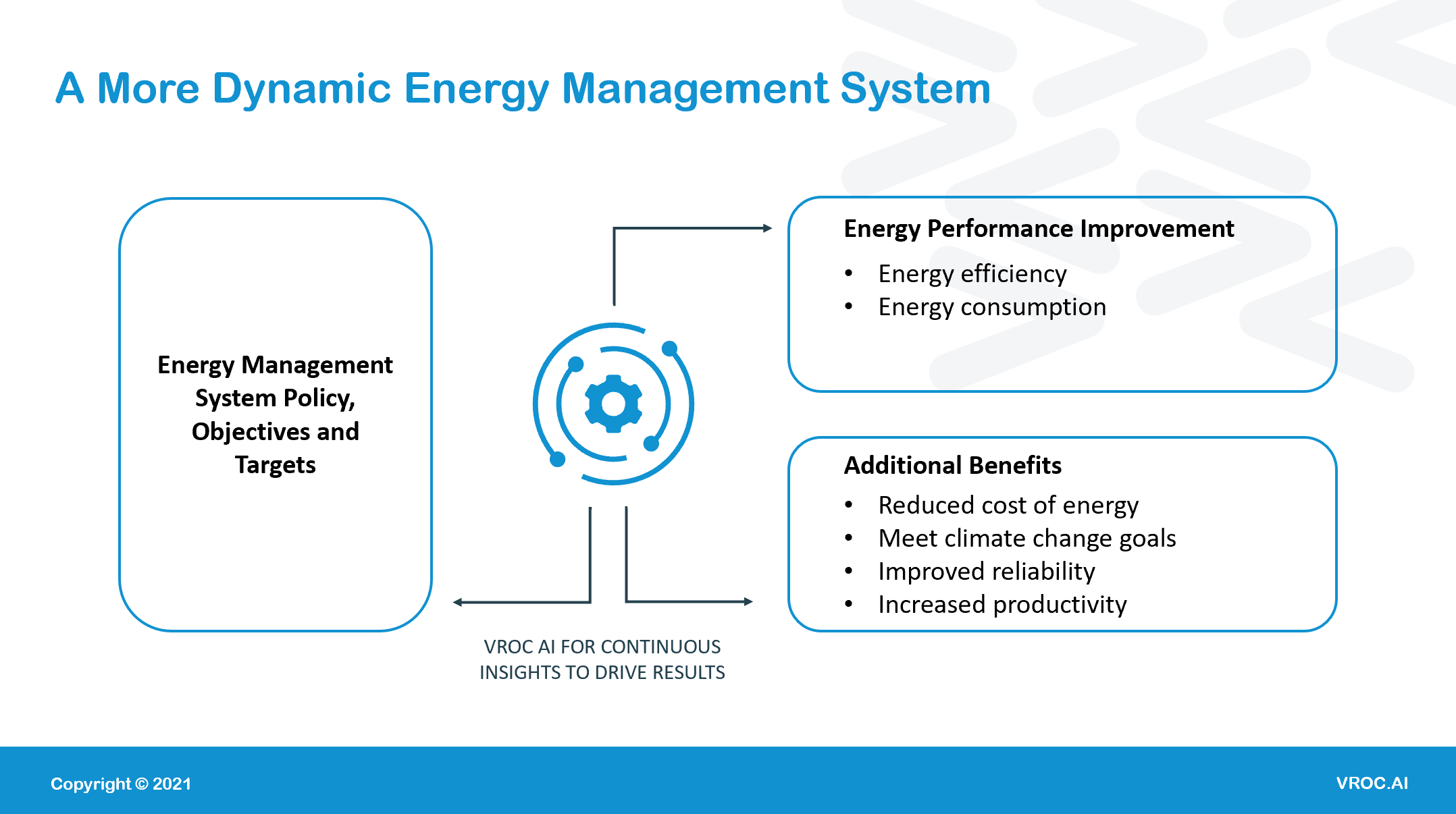
9. Fraud Detection
AI is increasingly used in fraud detection across various industries. By analyzing transaction data, AI can identify unusual patterns and flag potential fraudulent activities in real time. This proactive approach enhances security and builds customer trust. Financial institutions can employ machine learning to adapt to new fraud techniques, ensuring that their defenses evolve alongside threats.

10. Education Technology
AI applications are transforming education by personalizing learning experiences. Adaptive learning platforms analyze student performance and provide tailored resources, enhancing engagement and comprehension. This application supports educators in delivering effective teaching strategies. Additionally, AI can help identify students at risk of falling behind, enabling timely interventions to ensure academic success.

Conclusion
The powerful applications of artificial intelligence span various industries, driving innovation and efficiency. From improving healthcare diagnostics to enhancing customer experiences in retail, AI is reshaping the way we live and work. As technology continues to evolve, the potential for AI applications will only grow, presenting new opportunities and challenges.
In summary, here are the key points:
- AI is transforming healthcare diagnostics by enhancing accuracy and speed.
- Financial services are becoming more efficient and secure through automation.
- Personalized marketing improves customer engagement and conversion rates.
- Supply chain optimization ensures product availability and reduces disruptions.
- AI chatbots provide instant customer service, enhancing satisfaction.
- Autonomous vehicles promise safer and more efficient transportation.
- Smart manufacturing enhances production quality and reduces downtime.
- AI optimizes energy management for sustainability and efficiency.
- Fraud detection capabilities are improving with advanced AI algorithms.
- Education technology benefits from personalized learning experiences.
The integration of artificial intelligence applications across these sectors signifies a transformative shift towards more efficient, effective, and innovative practices, paving the way for a smarter future.
